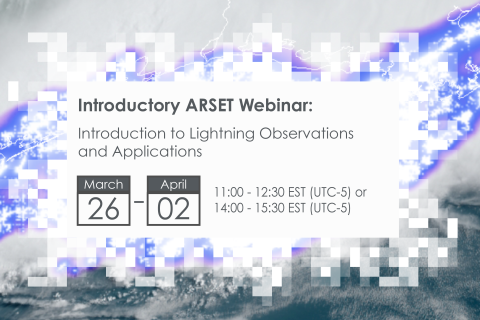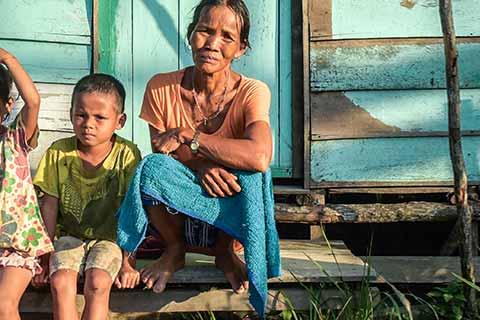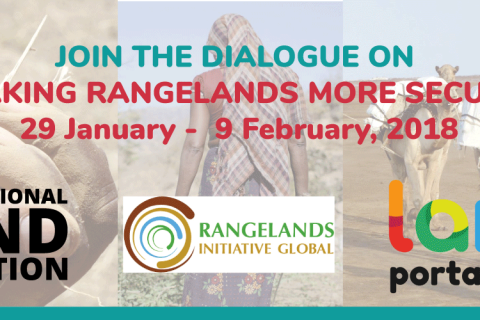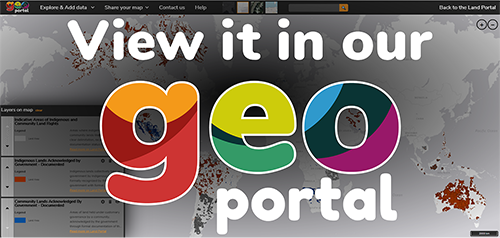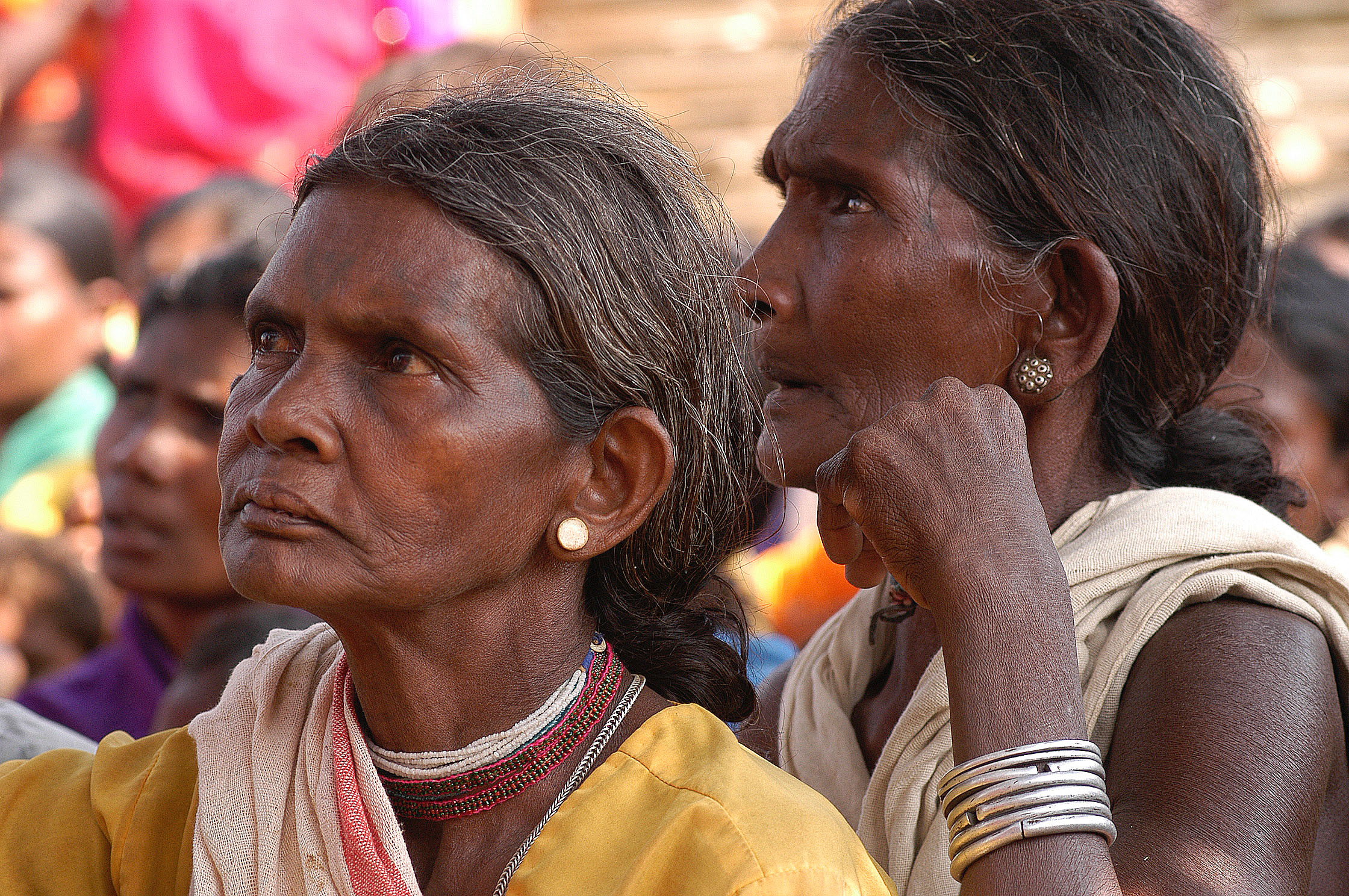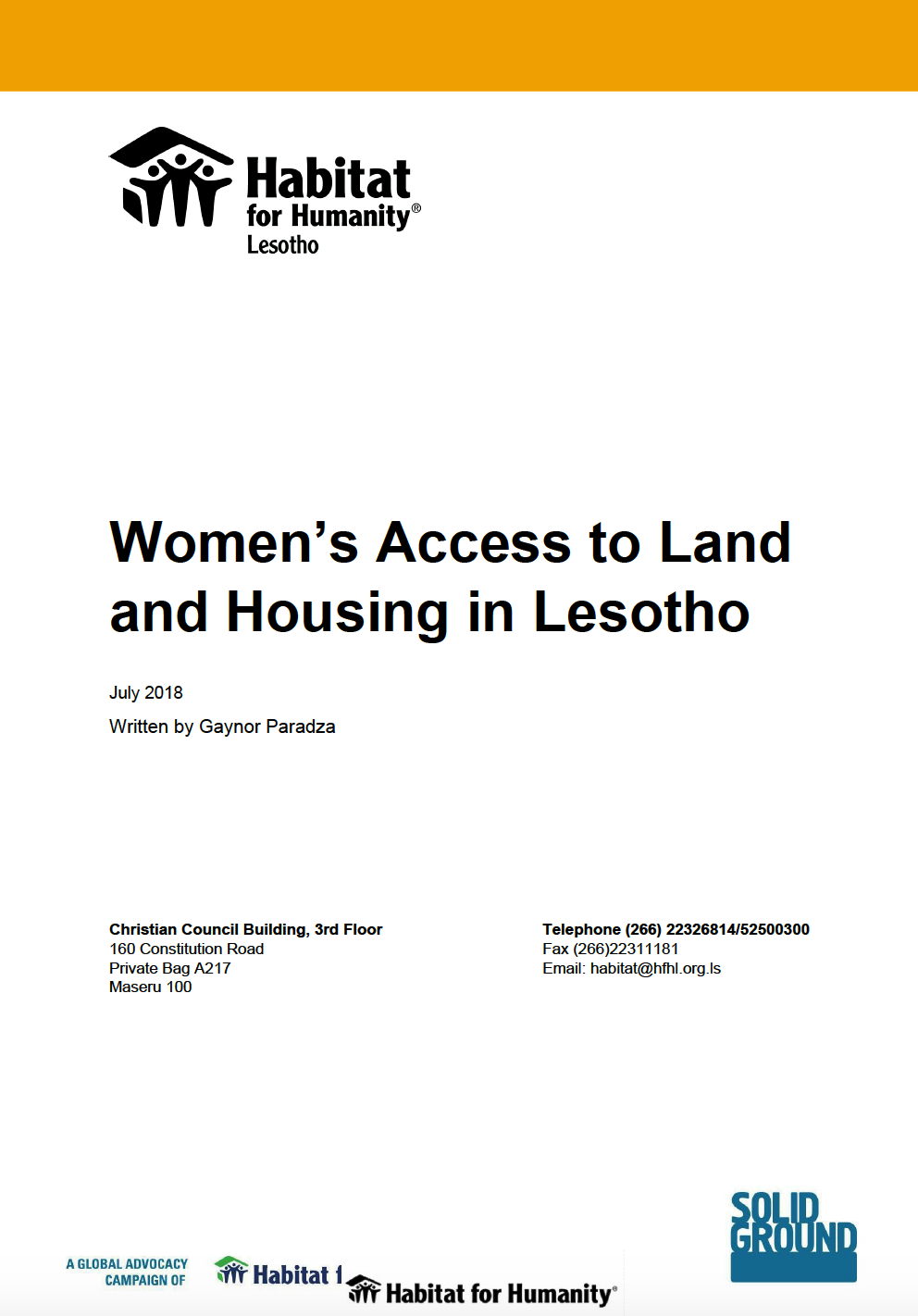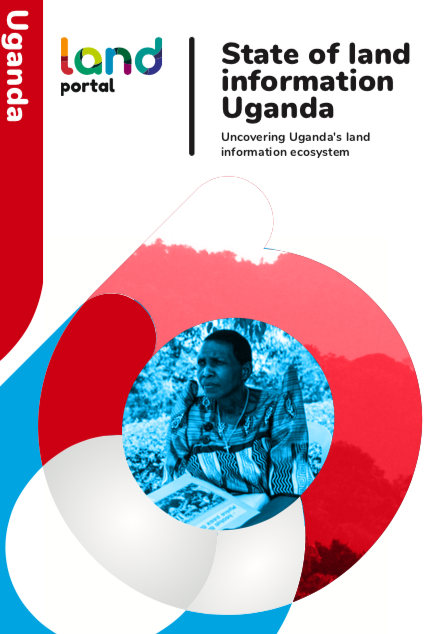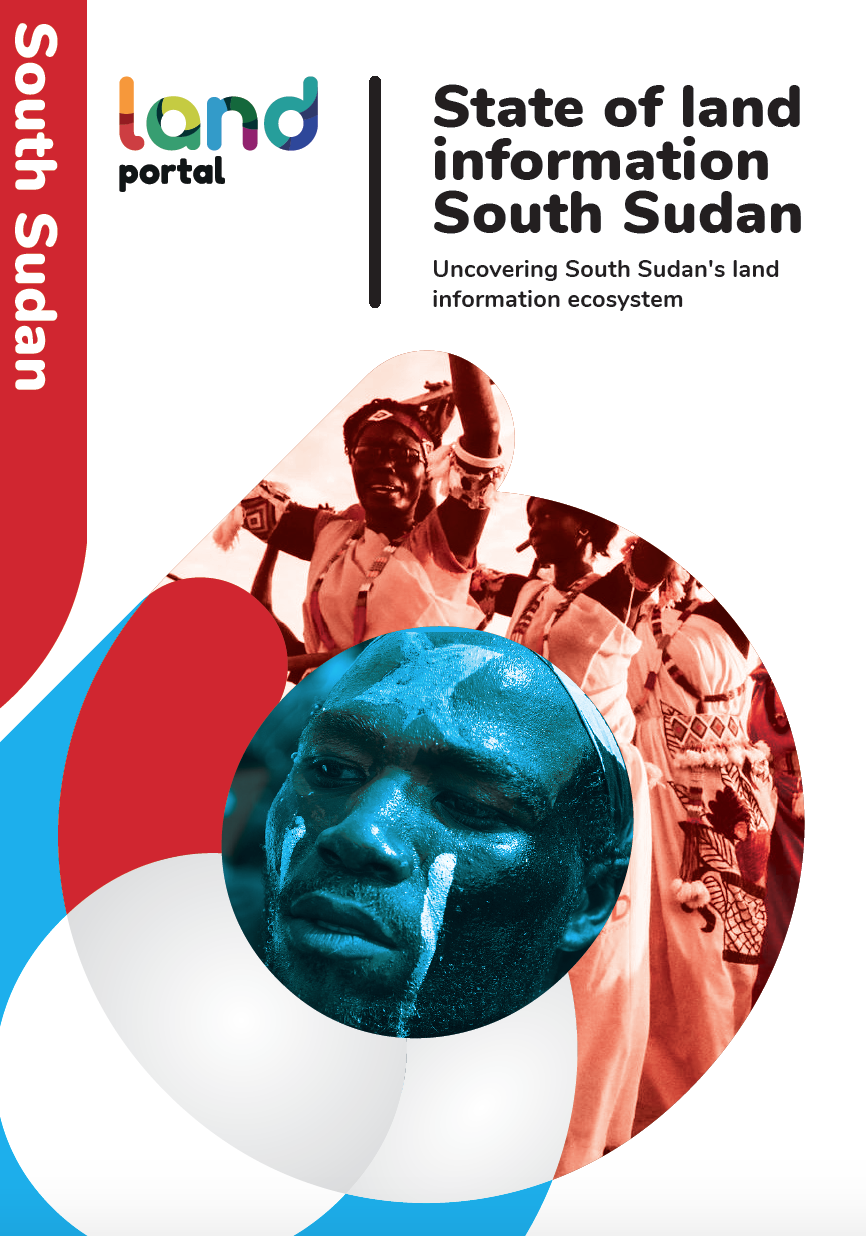Earth Observations for Humanitarian Applications
NASA’s Applied Remote Sensing Training Program (ARSET) has opened a new open, online webinar series: Earth Observations for Humanitarian Applications. Refugees, internally displaced people (IDPs), and other displaced populations are made more vulnerable to climate change impacts due to their socio-political marginalization. This three-part, intermediate training presents concrete strategies for mapping localized climate conditions with risks faced by refugee and IDP communities around the world.
The training will focus on flood risk assessments and specific challenges for assessing flood risk in refugee and IDP camps; gauging long-term heat stress in refugee camps and the challenges with decision making surrounding heat risk; and monitoring drought effects on agricultural landscapes in refugee settings using Earth observations (EO) to explore the correlations between anomalies in crop productivity and weather-based factors
Demandes de justice et traitement des injustices socio-spatiales et environnementales dans les pays du Sud/Demands for justice and responses to socio-spatial and environmental injustice in the global South
Les pays du Sud connaissent des processus forts d’exclusion foncière et d’exposition à des risques environnementaux, souvent liés à des logiques extractivistes particulièrement brutales. Face à ces situations, on observe une mobilisation croissante des concepts de justice socio-spatiale et environnementale dans les travaux de recherche visant à les décrire et à analyser les différentes formes de résistance ou de contestation qu’elles suscitent. Mais ces concepts reposent implicitement ou explicitement sur des théories de l’État et de la citoyenneté supposées universelles. Le colloque a pour objectif de confronter ces concepts aux relations sociales spécifiques entre l’Etat et les citoyens, dans différents contextes du Sud global.
Introduction to Lightning Observations and Applications
NASA’s Applied Remote Sensing Training Program (ARSET) has opened a new open, online webinar series: Introduction to Lightning Observations and Applications. This three-part, introductory training focuses on global and regional lightning data products that can be applied to disaster risk preparedness.
As the intensity and frequency of extreme weather events are likely to increase due to climate change impacts, lightning activity will likely increase as well, causing more power outages, increased risks of wildfire ignition, and increased numbers of injuries and fatalities. Therefore, information about lightning activity is critical for better preparedness against these disasters.
700+ indicators
Statistical data aggregated from trusted providers
66,000+ resources
Searchable library of open access publications



